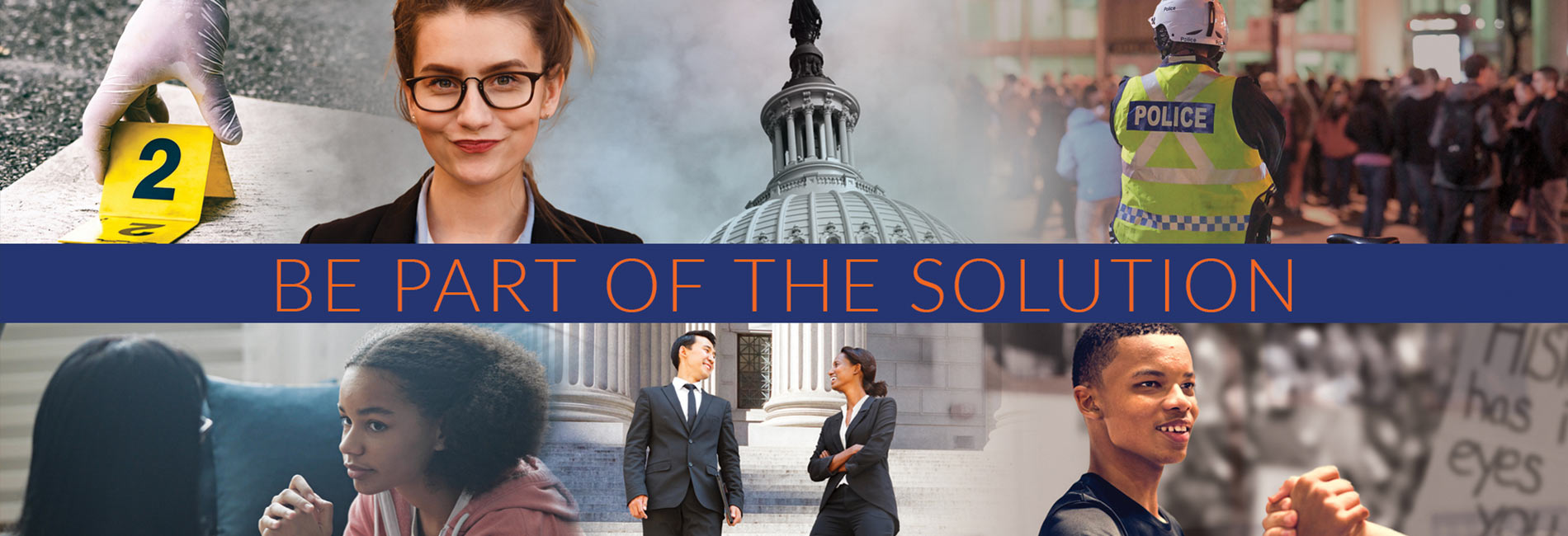
Diversity, Equity and Inclusion
The Clayton State University Department of Social Sciences recognizes both the challenges and the strengths of our local and national communities. We understand and accept the charge to work intentionally and consistently to challenge institutional and systemic barriers that threaten the well-being of and opportunities for marginalized communities.
The Department of Social Sciences is committed to supporting diversity, inclusion, equity, and justice. We strive to construct a safe and inclusive campus environment by honoring each other’s beliefs, perspective, and experiences whether expressed through race and ethnicity, culture, political and social views, religious and spiritual beliefs, language and geographic characteristics, gender, gender identities and sexual orientations, learning and physical abilities, age, social or economic classes, or any other identity markers with dignity and respect.
We recognize multicultural and intercultural awareness and competencies are key leadership skills and intend to provide students meaningful experiences inside and outside of the classroom that offer the opportunity to build capacities to work competently and respectfully in a diverse workplace and to become social justice change agents in their communities.
Diversity, Equity, and Inclusion Plan of Action
The faculty and staff of Clayton State University’s Department of Social Sciences commit to support diversity, inclusion, equity, and justice both on-campus and in the surrounding community by taking concrete steps, including, but not limited to, some or all of the following:
- Encouraging faculty and staff participation in professional development opportunities related to diversity, equity, and inclusion.
- Integrating content in curriculum and courses to address issues related to diversity, inclusion, equity, and justice.
- Intentionally incorporating content from diverse perspectives and experiences, including, but not limited to, race and ethnicity, gender, sexual orientation, religion, physical ability, and age.
- Fostering a life-long commitment to community engagement through PACE, and other university programs, that allow students to demonstrate classroom learning by working with a community partner.
- Partnering with Human Resources to educate search committee members on inclusive and equitable hiring practices.
- Creating or promoting campus activities that acknowledge and support diversity and equity for those with diverse identities including, but not limited to, race and ethnicity, gender, sexual orientation, religion, physical ability, and age.
- Directly addressing instances of racism, sexism, ageism, ableism, classism, homophobia, and/or religious intolerance manifested through structures, policies, practices, norms, and values as they arise within the university community.
